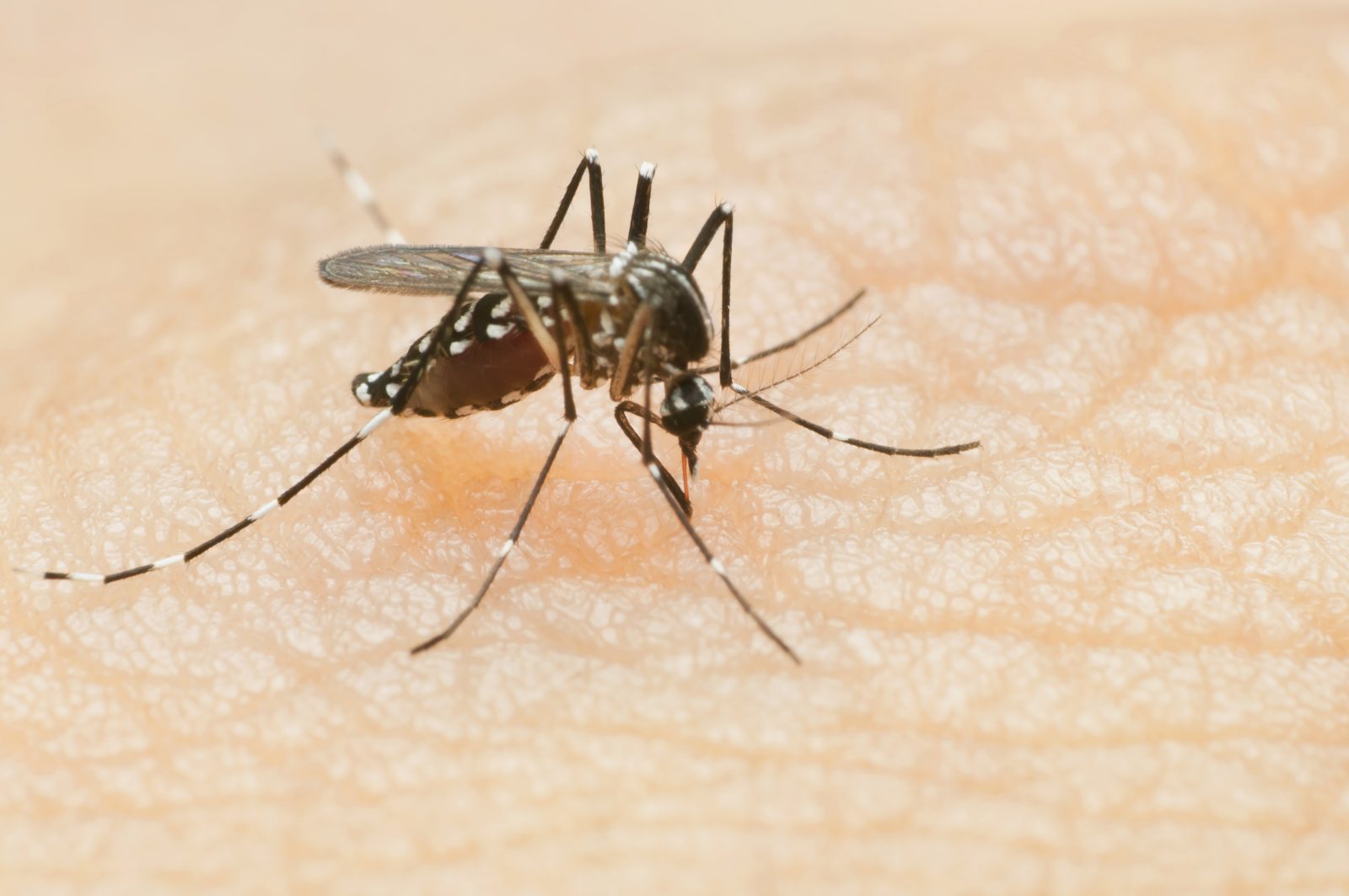May, 2022
Spring is here, along with the start of mosquito season. Infected mosquitoes can carry West Nile virus (WNV) and spread the neurological disease to humans through their bites. The Eastern Ontario Health Unit (EOHU) is asking community members to take steps to protect themselves from mosquito borne illnesses, such as WNV.
“In recent years, some populations of mosquitoes in our region have tested positive for WNV and there have been human cases.” reminds Dr. Paul Roumeliotis, Medical Officer of Health at the EOHU. “West Nile virus infections can be serious, so it is important to take measures to protect yourself and those around you.”
When spending time outdoors, especially in areas with mosquitoes, there is a greater risk of being bitten and infected with WNV. Wear long-sleeved shirts, long pants, shoes, and socks to help prevent mosquito bites, and when possible, wear hats or clothing with bug netting. Bug sprays, especially ones that contain DEET or icaridin, also deter bugs from biting you. If you are sleeping outdoors, sleep in an area protected by mosquito or bug netting.
Other ways to prevent the spread of WNV include controlling mosquito populations. You can stop mosquitoes from breeding in your area by:
- Emptying outdoor containers that collect stagnant water, such as children’s toys, flowerpots and wading pools.
- Replacing water in bird baths, and outdoor pet bowls at least twice a week.
- Cleaning leaf litter and other debris from eavestroughs to prevent water from pooling.
More information about WNV, and how to prevent the virus and other mosquito-borne illnesses can be found at www.EOHU.ca.



